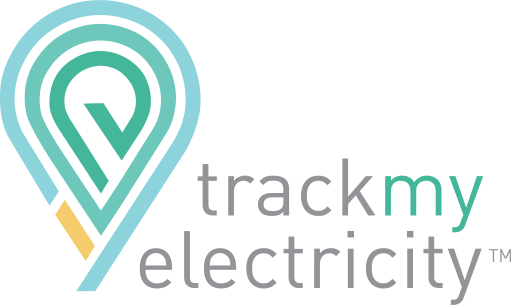Vision
On the environmental level, DVPA is working on mitigating temperature rise solutions. The plant is currently able to supply green hydrogen in whatever form is required: Ethanol (C2H6) or Biomethane (CH4). Plans for the future include furthering the development of green hydrogen production, as well as introducing green urea.
Proactivity, commitment and teamwork form the core of DVPA. We aim to foster key skills such as communication, creativity, problem-solving and discipline.
Social impact
DVPA offers a Trainee program, which provides professional opportunities to young graduates in the region. It consists of two phases.
During the first year, the graduates are introduced to all areas of the company. They are trained and receive support to develop their skills. Individuals with high potential are encouraged, at the beginning of their professional careers, to develop their managerial and planning skills.
During the second year, trainees are encouraged to pursue their development with help from regular follow-up from the company. They are given the opportunity to execute tasks in the various areas of activity. Meanwhile, DVPA work on retaining individuals and train them to assume leadership positions.
Through this program, DVPA aims to help develop a skilled workforce in the Minas Gerais region.

